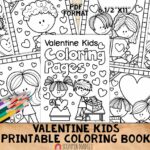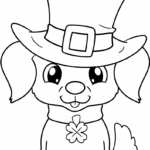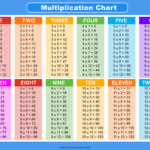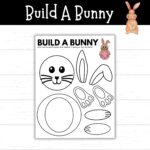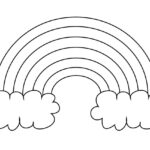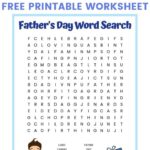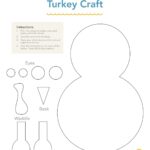The phrase refers to cognitive challenges specifically designed for older adults that can be accessed and used in a physical, paper-based format. These puzzles are often created with larger fonts and simpler designs to accommodate age-related changes in vision and dexterity. Examples include crossword puzzles, sudoku, word searches, logic problems, and visual puzzles.
These activities play a crucial role in maintaining cognitive function and overall well-being in older individuals. Regular mental stimulation through these exercises can contribute to improved memory, attention span, and problem-solving skills. Furthermore, engaging with such challenges can provide a sense of accomplishment and reduce feelings of isolation, promoting a more positive outlook. Historically, such recreational mental exercises have been utilized in various forms to stimulate the intellect, with the current iteration tailored to meet the specific needs and capabilities of a senior demographic.
The subsequent sections will delve into the diverse types of these cognitive exercises, the advantages they provide, and practical considerations for selecting and implementing them effectively.
